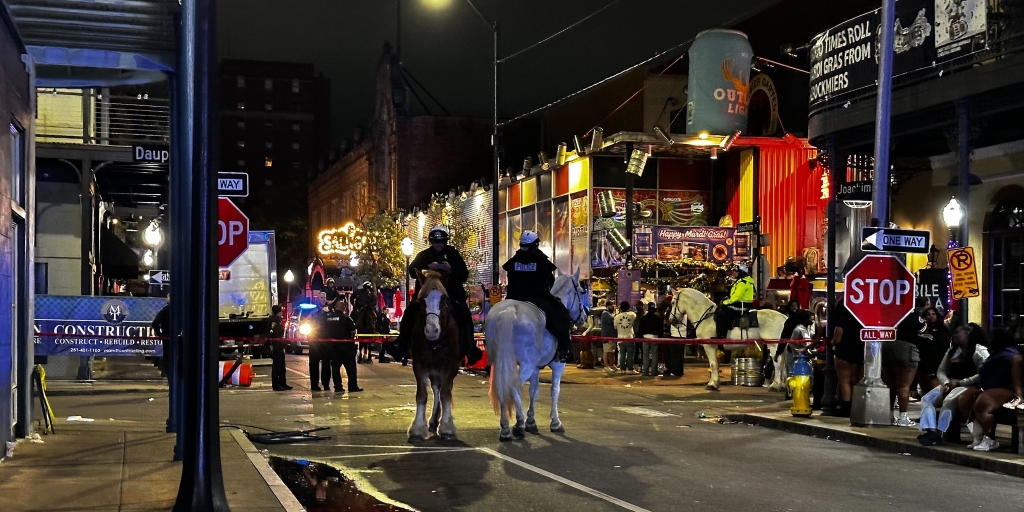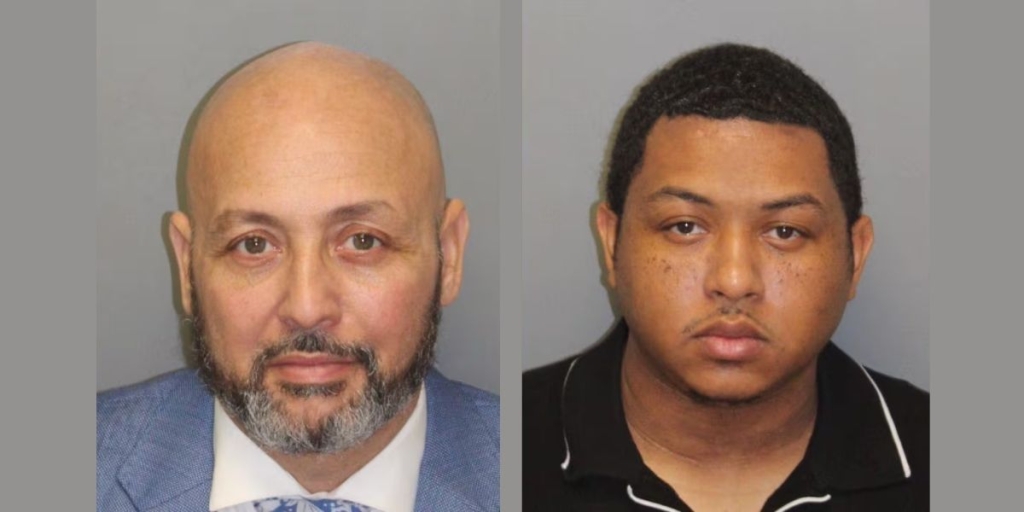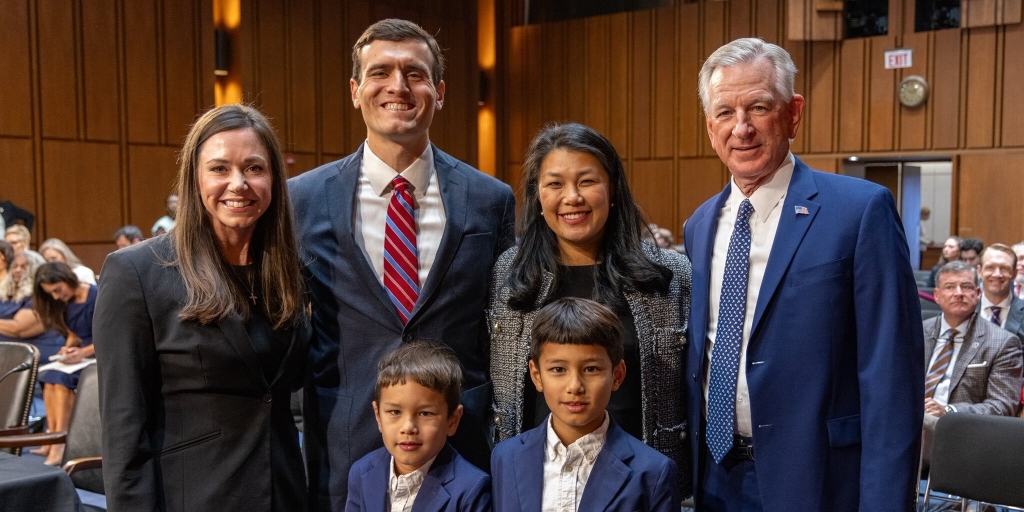MONTGOMERY — The Alabama Senate Judiciary Committee on Tuesday gave a favorable report to a bill that would provide much-needed reform of the state Board of Pardons and Paroles.
HB 380, sponsored by State Rep. Connie Rowe (R-Jasper), would be a comprehensive overhaul of the Board of Pardons and Paroles. The legislation would specifically mandate that individuals convicted of certain violent offenses (Class A felonies) serve 85 percent of his or her sentence before being eligible for parole. Current law only stipulates that violent offenders serve one-third or 10 years of his or her sentence, whichever is less, unless a unanimous vote of the board rules otherwise.
The bill was crafted by Attorney General Steve Marshall’s office in response to reports in the fall that the board was releasing dangerous felons back onto the street long before their sentences were up. Marshall has called the board “badly broken.”
One egregious example that the attorney general pointed to in a video released this spring was that of Jimmy O’Neal Spencer, who is now charged with three murders in Marshall’s home county after he was released by the Board of Pardons and Paroles while serving a life sentence.
In fact, the state last week announced that it will pay the maximum settlement allowed under the law to the families of Spencer’s victims because of the Board of Pardons and Paroles’ failure.
However, Board of Pardons and Paroles Chair Lyn Head on Tuesday testified, “We are not broken.”
She even defended the board’s release of Spencer, claiming it was unavoidable.
Prior to his release and subsequent alleged murder spree, Spencer had lived a life of crime stretching across three decades, beginning in 1984 at the age of 19. He was convicted and imprisoned for numerous serious property and violent crimes, as well as for numerous disciplinary infractions in prison and for several successful escapes from prison.
On two separate occasions, Spencer was sentenced to life imprisonment. In one memorable case, he attempted to burglarize an occupied home and, refusing to retreat, had to be shot by the homeowner.
Despite all of this, Spencer was granted parole by the Alabama Board of Pardons and Paroles on November 2, 2017.
Spencer was at that time released to a homeless shelter in Birmingham where he was supposed to remain for six months. However, after only three weeks, he left.
Spencer then traveled to Guntersville, where he had several run-ins with law enforcement and was charged for multiple violations of the law, including: traffic offenses, possession of drug paraphernalia, attempting to elude police, resisting arrest and illegal possession of a firearm.
Nonetheless, his parole was not revoked — which seemingly led to three innocent lives being taken.
Less than six months after being released, in July 2018, Spencer allegedly murdered Martha Reliford through blunt-force trauma to her head. Her body was discovered only after the bodies of Marie Martin and her seven-year-old grandson, Colton Lee, were found in a nearby home. They also had been brutally murdered.
Spencer was charged in the three deaths with capital murder in August 2018. He is currently awaiting trial in the Kilby Correctional Facility in Montgomery.
HB 380 would also require that at least one of the three members of the board be a current or former law enforcement officer with a minimum of 10 years’ experience “in or with a law enforcement agency which has among its primary duties and responsibilities the investigation of violent crimes or the apprehension, arrest, or supervision of the perpetrators thereof.”
Additionally, HB 380 would establish a director of Pardons and Paroles that would serve as its chief executive officer. This position would be appointed by and serve at the pleasure of the governor. The bill makes further structural and operational changes to the board to increase accountability and efficiency.
Language in the bill reaffirms that “the board’s paramount duty is to protect public safety” when making decisions, a key point Rowe on Tuesday stressed. She cautioned that the board’s primary role is not to reduce the prison population, despite some misguided perception to the contrary.
Senate Judiciary Committee Chairman Cam Ward (R-Alabaster) is the Senate sponsor of the legislation. Ward is well known for being the leading bipartisan criminal justice reform advocate in the state legislature.
He cleared up “misinformation” surrounding the bill, saying the legislation would safeguard against the premature release of only the worst type of convicted offenders and not inhibit the release and rehabilitation of those imprisoned for lesser, non-violent offenses.
State Sen. Vivian Davis Figures (D-Mobile) opposed the bill in committee, calling it “premature.”
The committee vote was 6-5 on party lines, with State Sen. Tom Whatley (R-Auburn) abstaining.
Sean Ross is a staff writer for Yellowhammer News. You can follow him on Twitter @sean_yhn













